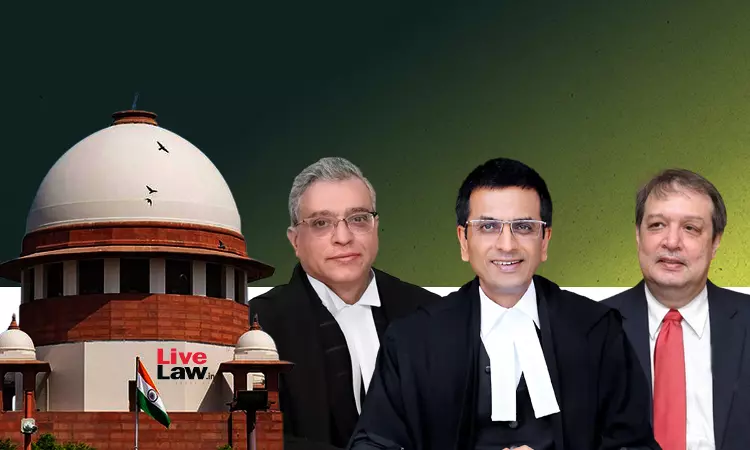The Supreme Court, while adjudicating an application for appointment of arbitrator, has held that a contract entered into in the name of the President of India, does not create an immunity against the application of any statutory prescription imposing conditions on parties to an agreement, when the Government chooses to enter into a contract.“We are unable to trace any immunity arising out...

